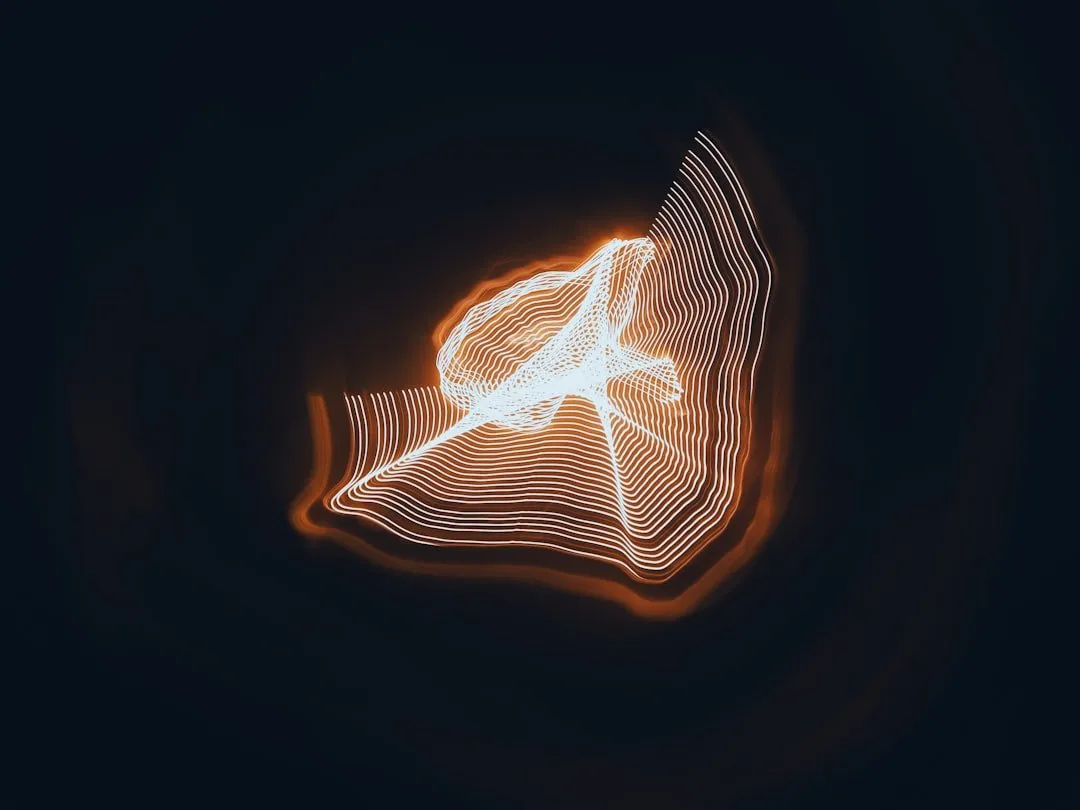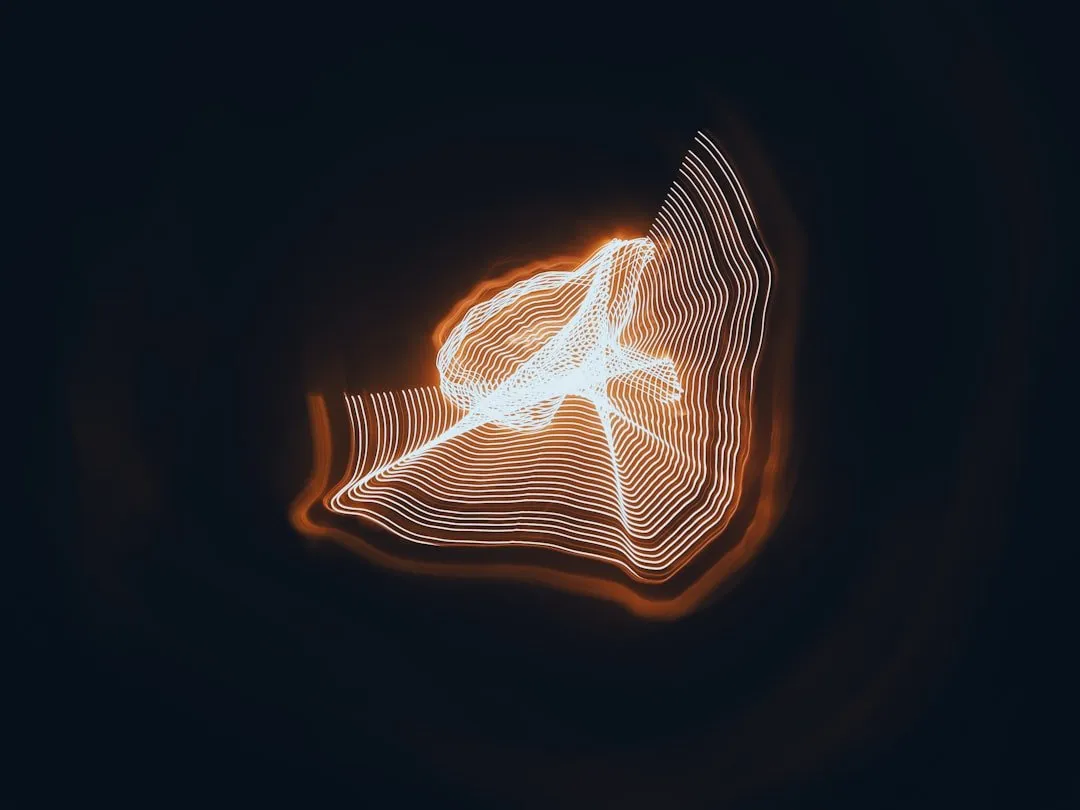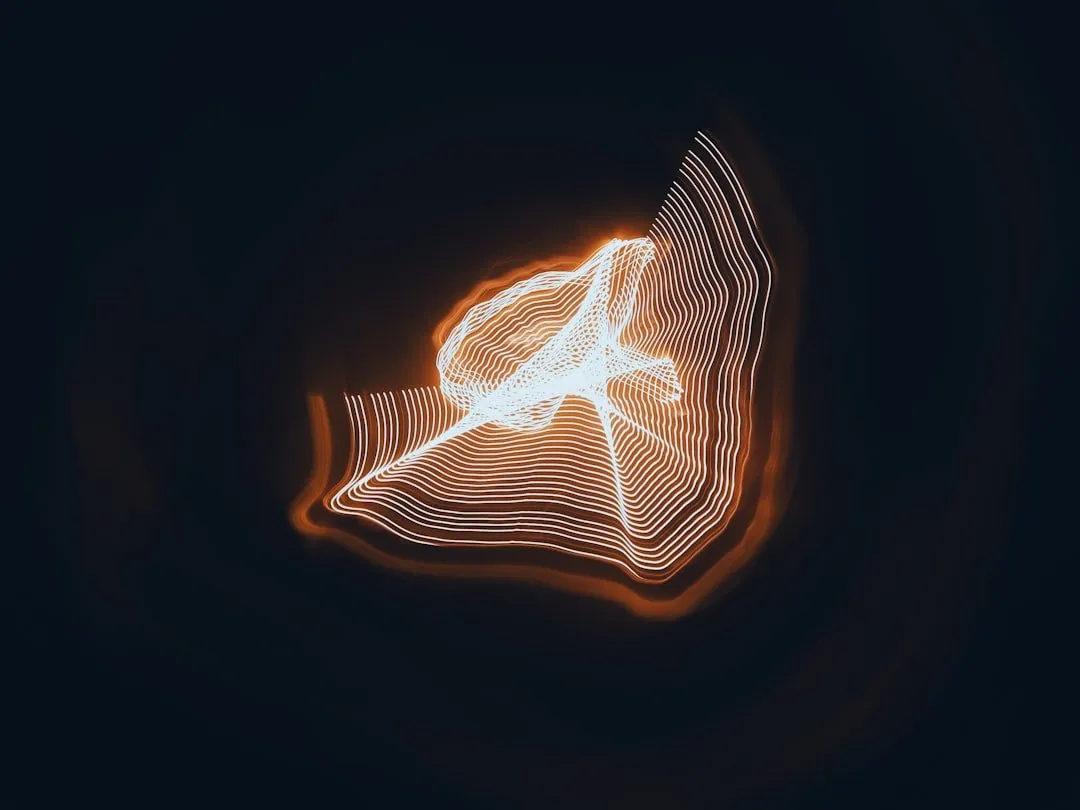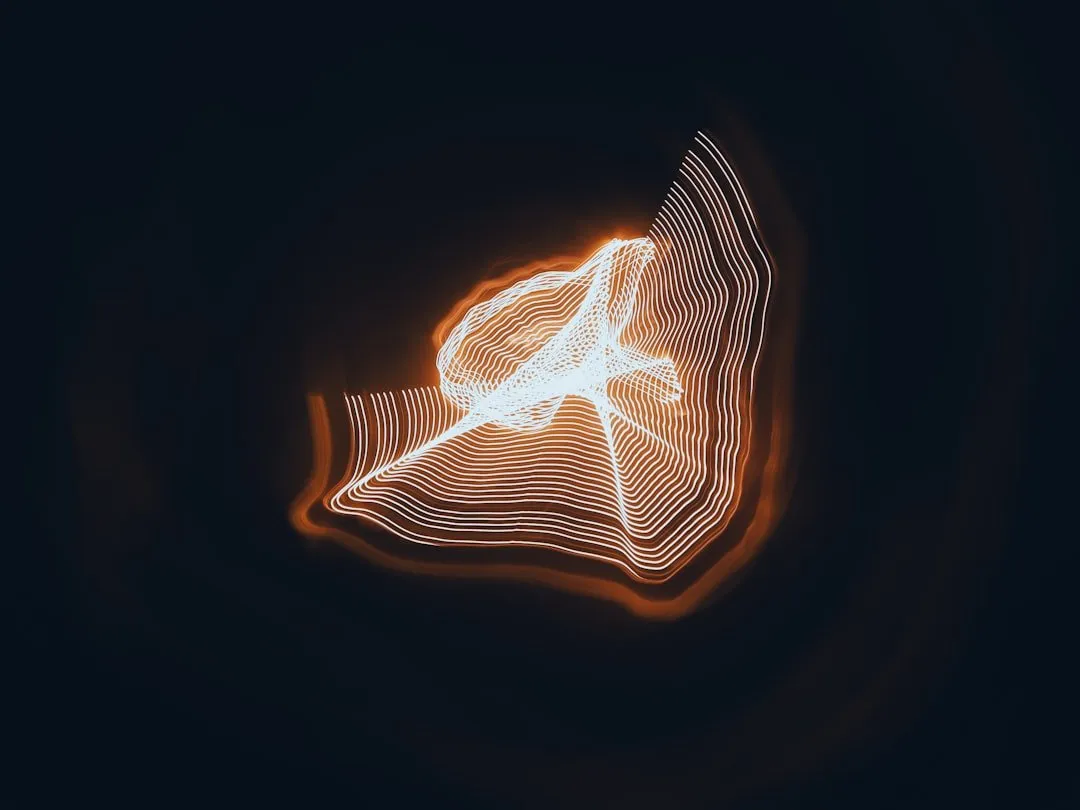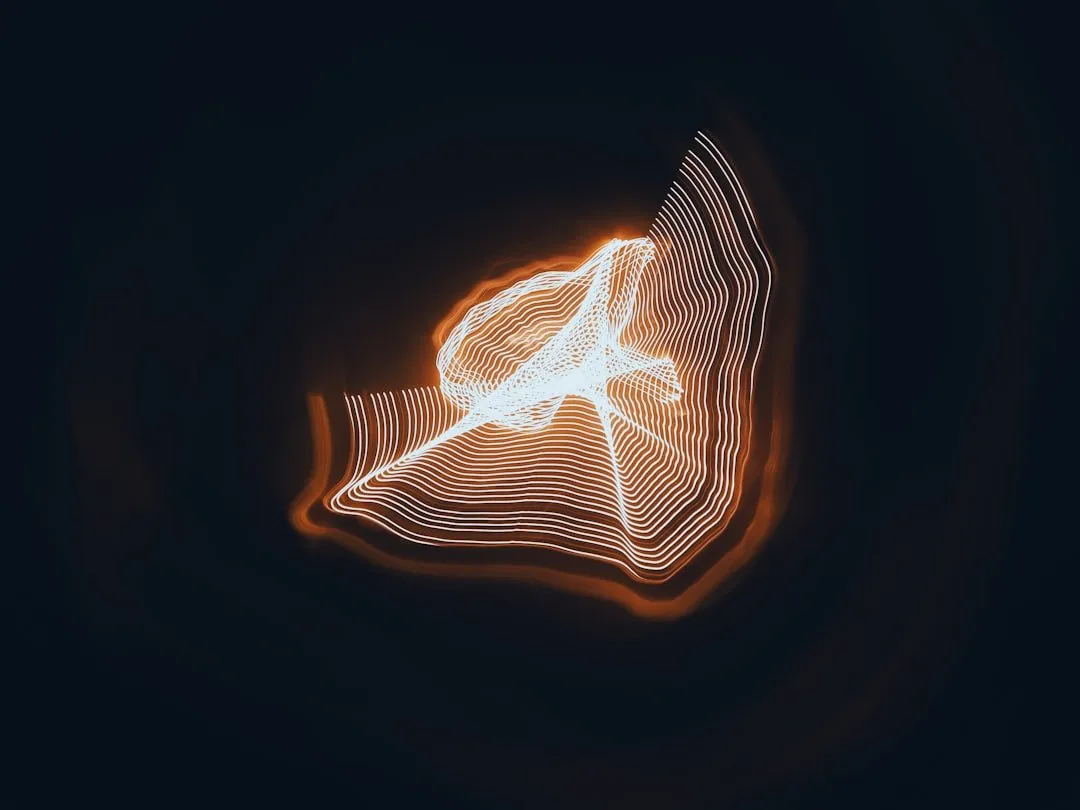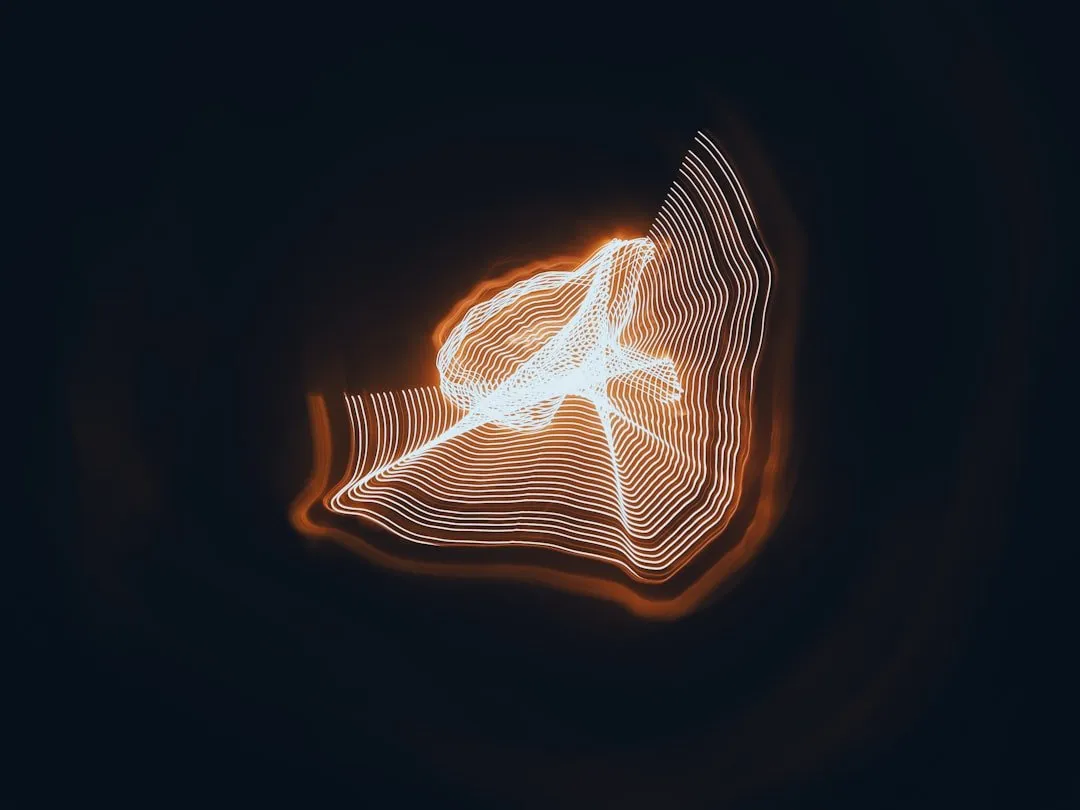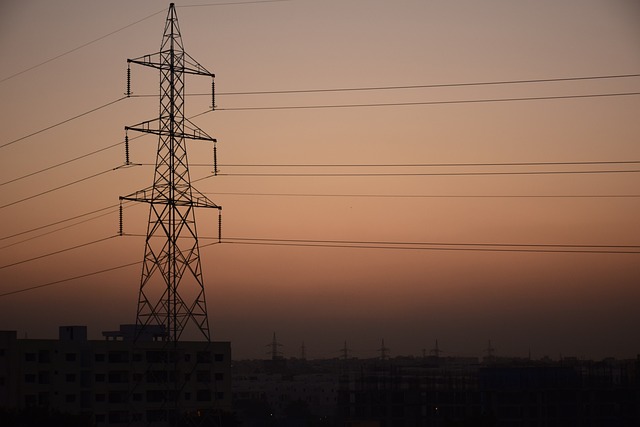Kratom, derived from Mitragyna speciosa leaves, is an alternative therapy for addiction treatment known for its opioid receptor properties and potential benefits like reducing cravings. However, it can cause sleep disturbances, particularly insomnia, due to its interaction with opioid receptors disrupting natural sleep patterns. While kratom doesn't inherently cause insomnia, maintaining a consistent sleep routine, proper hydration, and nutrition is crucial for recovering individuals using kratom. Any disruptions should be addressed with healthcare professionals, focusing on personalized guidance regarding kratom's impact on sleep and whether it causes insomnia.
“Kratom, derived from the tropical plant Mitragyna speciosa, has gained attention as an alternative treatment for addiction and recovery. This natural substance, popular for its pain-relieving and stimulant properties, may offer a unique approach to addressing withdrawal symptoms and cravings. However, a critical aspect often overlooked is its potential impact on sleep patterns, particularly insomnia. This article explores Kratom’s effects on addiction, delves into its connection with insomnia, and investigates its role as a recovery aid, considering both the benefits and risks.”
- Understanding Kratom and Its Effects on Addiction
- Insomnia and Kratom Use: What's the Connection?
- Exploring Kratom as a Potential Aid in Recovery
Understanding Kratom and Its Effects on Addiction

Kratom, derived from the leaves of the Mitragyna speciosa plant, is a natural herb that has gained attention for its potential in addiction treatment. It acts as an opioid receptor agonist, similar to certain prescription painkillers, but with distinct effects on the brain and body. When it comes to understanding kratom’s role in addiction recovery, knowing its effects becomes crucial.
For individuals struggling with substance use disorders, kratom is sometimes used as a tool for self-management. It can provide a sense of calm and reduce cravings, making it appealing as an alternative or adjunctive therapy. However, it’s important to note that kratom itself is not without side effects. Insomnia is a common issue reported by users, highlighting the herb’s potential to disrupt sleep patterns. This effect might be particularly concerning for those in recovery, as proper rest and sleep are vital components of a successful rehabilitation process.
Insomnia and Kratom Use: What's the Connection?

Kratom, a natural substance derived from the leaves of the Mitragyna speciosa plant, has gained attention for its potential in addiction treatment and recovery. However, one side effect that users often discuss is insomnia. The connection between kratom use and sleep disturbances, particularly insomnia, is an important consideration. Research suggests that kratom’s effects on the body’s opioid receptors can disrupt natural sleep patterns. These receptors play a crucial role in regulating sleep-wake cycles, and when stimulated by kratom, they may interfere with normal rest, leading to difficulty falling asleep or staying asleep.
Insomnia associated with kratom use can range from occasional sleepless nights to more chronic conditions, impacting overall recovery. As individuals seek addiction treatment, ensuring adequate sleep is essential for mental health and physical well-being. Understanding the potential link between kratom consumption and insomnia is crucial for both users and healthcare professionals, allowing for better management of symptoms and a holistic approach to addiction recovery.
Exploring Kratom as a Potential Aid in Recovery

Kratom, derived from the leaves of the Mitragyna speciosa plant, has gained attention as a potential aid in addiction recovery. While often used for its pain-relieving and mood-enhancing properties, recent studies suggest its effectiveness in managing withdrawal symptoms and cravings. This natural substance can offer a non-addictive alternative to traditional medications, making it an intriguing option for those seeking to break free from substance abuse.
However, it’s essential to approach kratom with caution, especially regarding its impact on sleep. Contrary to some beliefs, kratom does not inherently cause insomnia. Its effects on sleep can vary depending on the dosage and individual tolerance. For individuals in recovery, establishing a consistent sleep routine alongside proper hydration and nutrition is vital. If any disruptions occur, it’s advisable to consult healthcare professionals who can provide guidance tailored to their specific needs.
Kratom has emerged as a potential tool for addiction treatment, offering a natural approach to aid recovery. While its primary effects on addiction are well-documented, there’s growing interest in its role in managing withdrawal symptoms and promoting overall well-being. However, it’s essential to note that the relationship between kratom use and insomnia is complex; understanding this side effect can help individuals make informed decisions. Further research is needed to explore kratom’s full potential as a complementary therapy, especially while considering the unique needs of each individual in their recovery journey.
